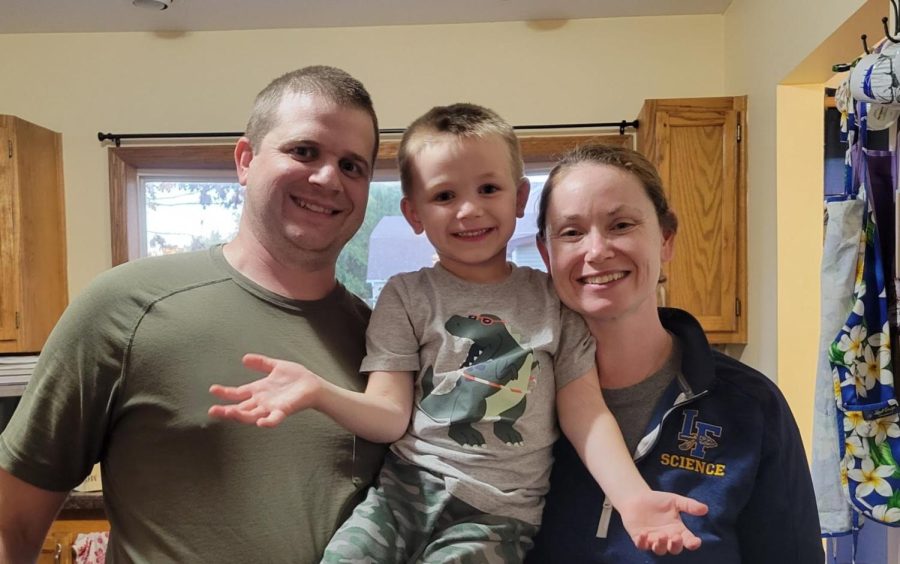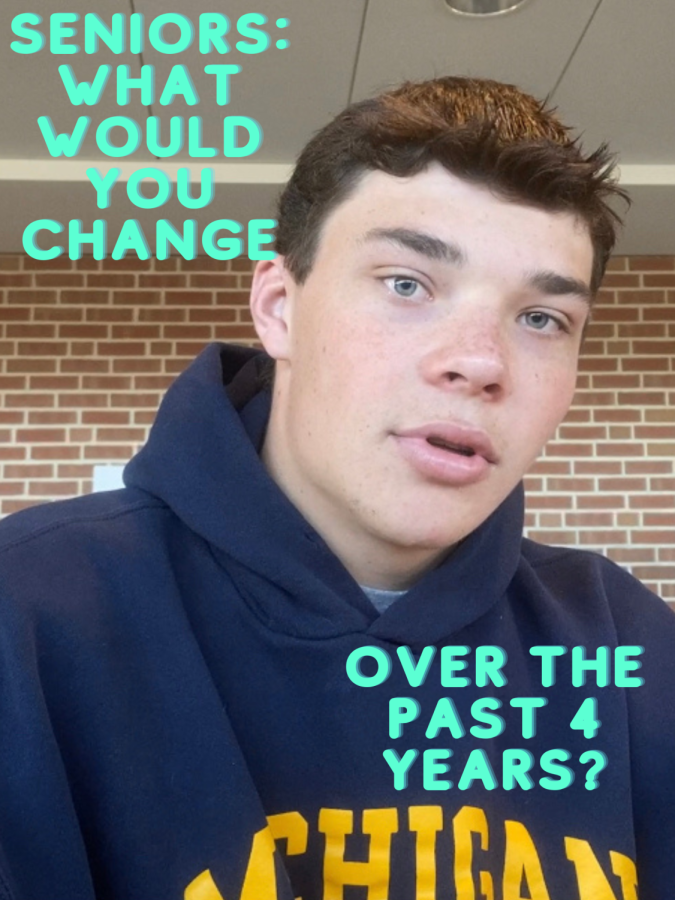Despite the return of 6 AM wakeup calls and hours spent over homework, all it takes is a quick step outside to remind us that summer is still (physically, at least) with us. For some, this means wearing shorts instead of leggings and limiting the exposure to the weather outside (the humidity can do a number on your hair), but for the lucky few with free afternoons, this means homework by the pool and more precious time spent outdoors.
While those in fall sports may crave the cooler weather that October brings (steamy afternoon practices can be brutal), the warm weather allows us to savor the fading remnants of summer; the chirping of cicadas through your open window, the smell of fog in the morning after a late night thunderstorm, the relaxed feeling that only t-shirts and flip flops and ice-cold lemonade can bring. It tides us through those first few months of awkward adjustment to new schedules, new classes, and new people. In April, when you’re burnt out and stressing over APs, the ever-longer days and sunny afternoons give you a taste; you’re close, so close, and you just have to hold out ‘til then.
Without the constant pressure school brings, people are liberated, unburdened, clear-headed enough to think through things like relationships and maybe not-so-good friendships we keep around the rest of the time because we don’t have the mental capacity to devote to things lower down on the priority list. At the same time, we also are given the time to devote to current friendships that might have fallen by the wayside simply because we didn’t have classes with them. The kinds of relationships formed throughout the summer at sleepaway camp or service trips have a special meaning, one that doesn’t depend on seeing the other person every single day for it to work. In a way, they’re kind of like summer itself–inherently special because your time with them is limited.
Friendships aside, summer often is a time where people figure out what exactly a work ethic is, counterintuitive as it may seem. If you have a summer job, though you might not be crunching numbers all day, you most definitely still are working--be it as a waitress (a la moi), a caddy at one of the many local country clubs, a barista, a hostess, bagging groceries, or wherever it may be. Speaking from experience, there were many late summer nights at work while I was schlepping bus bins of dirty dishes in a ketchup-smeared apron that I wished for a chemistry worksheet on redox reactions, or for reflections to write for my English portfolio. My summer job taught me the importance of patience should you like to keep said job, and other little things you might not necessarily think of. For example, I know am the proud owner of my very own TurboTax account, and I base my purchases off of how long it would take to work it off ($13 for a salad? No gracias, amigo). You figure out what it means to be accountable (your boss is probably a little stricter about punctuality than your first period teacher, and you can’t exactly put the blame on your mom). Most complaints lodged against the Millennial generation have to do with a lack of a work ethic and the sense of entitlement that paradoxically goes along with it. The only way to gain that perspective, to learn to appreciate any job you have and to have the motivation to keep working harder to move on up, is through these entry-level jobs. You learn, as Ashton Kutcher so eloquently put, that opportunity looks a lot like hard work.
Summer is an odd thing. Most other schooling systems around the world are year-round, with intermittent, shorter breaks throughout the year. Australia, for example, runs 10 months out of the year, with two-week breaks in between semesters. In China, though they have a summer break, almost all students spend that time in class or practicing for entrance exams. Most experts who have approached school year scheduling from a strictly academic perspective have argued against the classic idea of summer being a three-month-long brick in the middle of the year, and for good reason: study after study has shown the effect the “summer slide” has on students, with most losing (on average) a full month of learning by the time school starts up again in the fall. If our end goal is to produce the best students and to impart them with the most knowledge (the U.S. currently ranks #14 in the world for education), our typical school year set up just does not make sense.
In the US of A, though, summer is its own entity entirely. The American ideal is the renaissance man, well-rounded and able in all aspects of life. We know that there is more to life than SAT scores and graduate degrees, and that the lessons learned and experiences had during summers are equally, if not more important than any we’ll learn in a classroom. Though it’s based around the academic year, it is so much more a fundamental part of our culture as Americans than anything else. It’s is a time to completely detach from school and everything even remotely related to it (unless, of course, you’re unfortunate enough to have summer homework, but even then you don’t look at it until August). Somehow, the two-and-a-half months that make up summer break manage to feel equal to the nine months spent in school. Though schedules are freer, people get more done. In the span of just ten short weeks, we fit in service trips and summer jobs and pool parties and family reunions and sleepaway camps and late night ice cream runs and so much more. It’s a unique time in our life, especially for those summers sandwiched between high school and college, because we learn the skills necessary to be independent–and most often from the convenience of our own front door.













